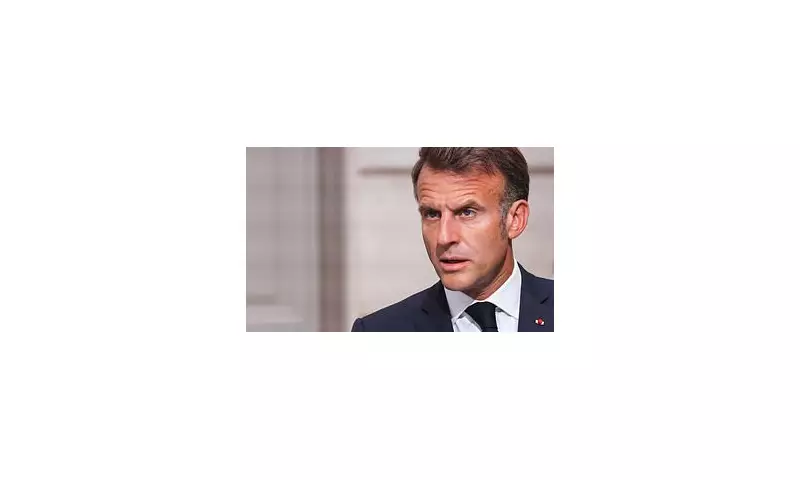
Emmanuel Macron's presidency has hit a devastating new low as nearly one million citizens took to the streets across France in a dramatic show of force against his controversial austerity agenda.
The French leader's popularity has collapsed to a record-breaking low of 23%, according to latest polling data, reflecting widespread public fury over policies that protesters claim are punishing ordinary citizens during a severe cost of living crisis.
Nationwide Fury Erupts
Mass demonstrations erupted in major cities including Paris, Marseille, and Lyon, with trade unions reporting turnout numbers approaching one million nationwide. The scale of public discontent represents the most significant challenge to Macron's leadership since the Yellow Vest protests that rocked his first term.
Protesters brandished banners declaring "Macron resign!" and "Stop the destruction of our public services" as they marched through the capital, surrounded by heavy police presence. The atmosphere, while largely peaceful, crackled with anger over the government's economic direction.
The Policies Sparking Outrage
At the heart of the controversy are several deeply unpopular measures:
- Plans to raise the retirement age, forcing workers to contribute for longer
- Sharp cuts to public spending affecting healthcare, education, and social services
- Tax reforms perceived as favouring businesses and high earners
- Weakening of unemployment benefits amid rising job insecurity
These policies have struck a particularly raw nerve as French households struggle with soaring energy bills, food inflation, and economic uncertainty following the pandemic.
Political Isolation Deepens
Political analysts note that Macron finds himself increasingly isolated, lacking both parliamentary majority and public support for his reform programme. The collapse in approval ratings places him among the most unpopular French leaders in modern history during a second term.
Opposition leaders from both left and right have seized on the discontent, with Marine Le Pen's National Rally party gaining ground in polls. The socialist opposition declared the protests "a definitive rejection of Macron's brutal capitalism."
What Comes Next?
The government faces a critical dilemma: push forward with reforms and risk escalating social unrest, or abandon key policies and acknowledge a major political defeat. Prime Minister Élisabeth Borne has promised "no retreat" on essential reforms, but behind the scenes, officials are reportedly discussing potential modifications to soften the measures.
With France's economic stability hanging in the balance and European partners watching nervously, Macron's ability to navigate this crisis may define his legacy and determine whether he can salvage his presidency from this historic slump in public confidence.





